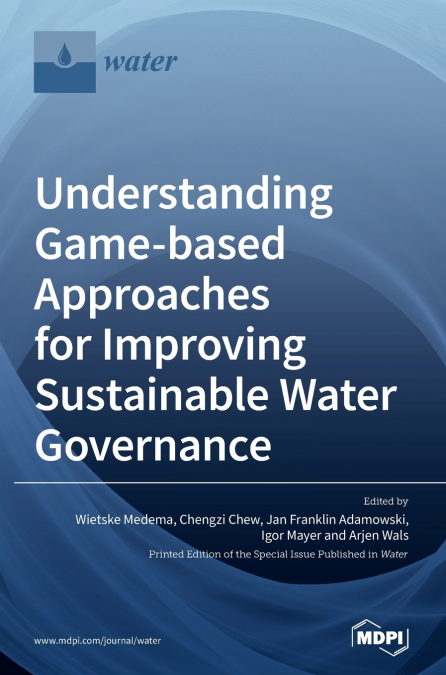
 Librería 7artes
Librería 7artes
 Donde los libros
Donde los libros
 Librería Elías (Asturias)
Librería Elías (Asturias)
 Librería Kolima (Madrid)
Librería Kolima (Madrid)
 Librería Proteo (Málaga)
Librería Proteo (Málaga)
The sustainable governance of water resources relies on processes of multi-stakeholder collaborations and interactions that facilitate knowledge co-creation and social learning. Governance systems are often fragmented, forming a barrier to adequately addressing the myriad of challenges affecting water resources, including climate change, increased urbanized populations, and pollution. Transitions towards sustainable water governance will likely require innovative learning partnerships between public, private, and civil society stakeholders. It is essential that such partnerships involve vertical and horizontal communication of ideas and knowledge, and an enabling and democratic environment characterized by informal and open discourse. There is increasing interest in learning-based transitions. Thus far, much scholarly thinking and, to a lesser degree, empirical research has gone into understanding the potential impact of social learning on multi-stakeholder settings. The question of whether such learning can be supported by forms of serious gaming has hardly been asked. This Special Issue critically explores the potential of serious games to support multi-stakeholder social learning and collaborations in the context of water governance. Serious games may involve simulations of real-world events and processes and are challenge players to solve contemporary societal problems; they, therefore, have a purpose beyond entertainment. They offer a largely untapped potential to support social learning and collaboration by facilitating access to and the exchange of knowledge and information, enhancing stakeholder interactions, empowering a wider audience to participate in decision making, and providing opportunities to test and analyze the outcomes of policies and management solutions. Little is known about how game-based approaches can be used in the context of collaborative water governance to maximize their potential for social learning. While several studies have reported examples of serious games, there is comparably less research about how to assess the impacts of serious games on social learning and transformative change.